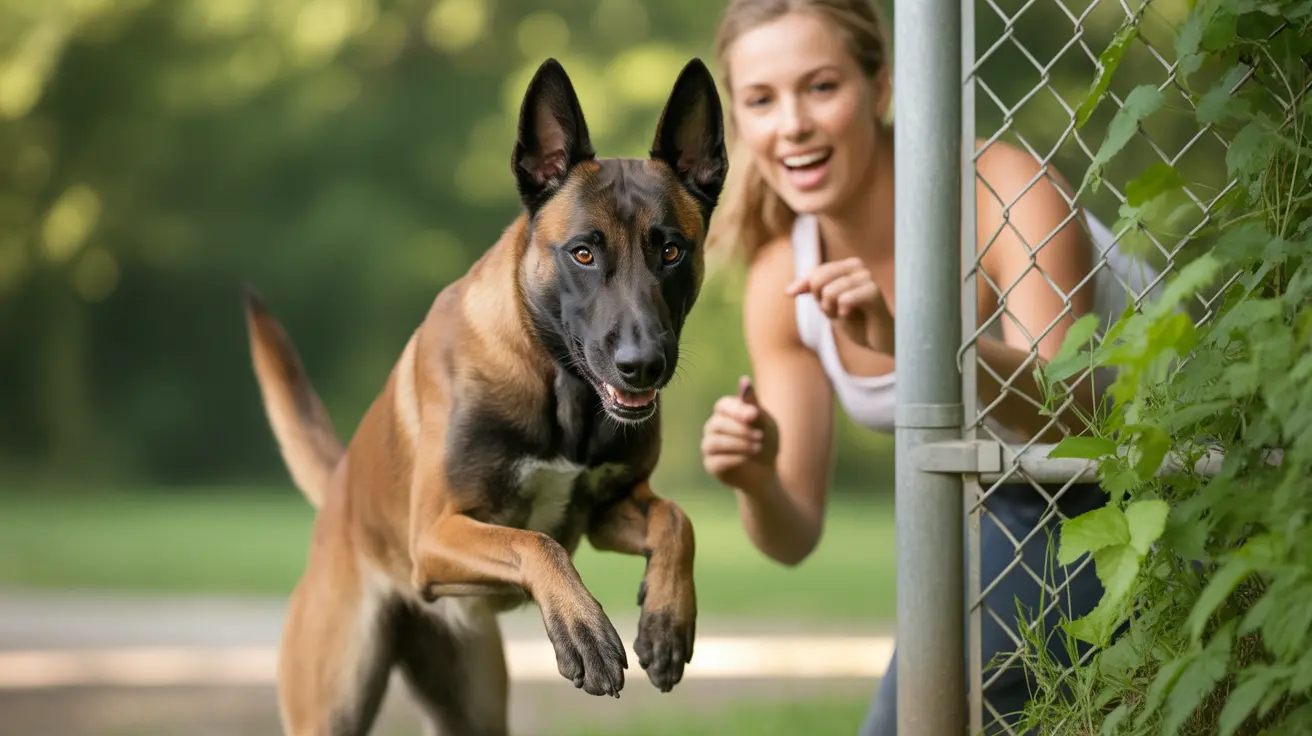Understanding the Challenge of Dog Recall
When your dog runs away and won't come when called, it can be both frustrating and dangerous. This common behavioral issue affects many dog owners and can strain the relationship between pet and owner. Understanding why dogs exhibit this behavior is the first step toward creating a more reliable recall response.
The good news is that with proper training techniques, consistency, and patience, you can significantly improve your dog's recall reliability. Let's explore the main reasons behind this behavior and discover effective solutions to address it.
Common Reasons Dogs Ignore Recall Commands
Insufficient Training Foundation
Many dogs simply haven't received adequate recall training or don't fully understand what's expected of them. Without proper foundation training, dogs may view the recall command as optional rather than mandatory.
Negative Associations
Dogs often learn to associate coming when called with unpleasant experiences, such as:
- Being leashed after running free
- Going inside when they're enjoying outdoor play
- Receiving medication or grooming
- Being scolded for not coming immediately
Environmental Distractions
The outdoor environment presents countless exciting stimuli that can override your dog's attention to recall commands:
- Other dogs or animals
- Interesting scents
- Moving objects
- New people
- Exciting sounds
Building a Strong Recall Response
Start with Basics
Begin training in a controlled, low-distraction environment like your home or fenced yard. Use high-value treats and positive reinforcement to create strong associations with the recall command.
Progressive Training
Gradually increase distractions and distance as your dog's reliability improves. Use a long training leash for safety while practicing in more challenging environments.
Make It Rewarding
Create positive associations by:
- Using high-value treats specifically for recall training
- Incorporating play and praise into the reward
- Varying the rewards to maintain interest
- Never punishing your dog for coming to you, even if delayed
Advanced Training Techniques
The Three D's Method
Focus on:
- Distance: Gradually increase the distance between you and your dog
- Duration: Extend the time your dog must focus before being recalled
- Distractions: Systematically add challenging elements to the training environment
Emergency Recall Training
Develop a separate, special recall command for urgent situations. This command should be:
- Used only in emergencies
- Paired with extremely high-value rewards
- Practiced regularly but not overused
Creating Long-Term Success
Maintain reliable recall through:
- Regular practice sessions
- Consistent reinforcement
- Ongoing training in new environments
- Strong relationship building with your dog
Frequently Asked Questions
Why do dogs run away and ignore recall commands, and what are the common reasons for this behavior?
Dogs may ignore recall commands due to insufficient training, negative associations with coming when called, or overwhelming environmental distractions. Understanding these factors is crucial for addressing the behavior effectively.
How can I teach my dog to come when called, especially in distracting environments?
Start training in a controlled environment and gradually increase distractions. Use high-value rewards, maintain consistency, and practice regularly. A long training leash can help ensure safety while building reliability.
What are effective strategies for preventing negative associations with the recall command?
Always reward your dog for coming when called, never punish them for responding (even if delayed), and avoid using the recall command only for ending fun activities.
How can I ensure my dog responds reliably to recall cues in all situations?
Build a strong foundation through progressive training, practice in various environments, and maintain consistent positive reinforcement. Regular training sessions and the use of high-value rewards help maintain reliability.
Are there any specific games or activities that can improve a dog's recall and strengthen our bond?
Yes, games like "hide and seek," "catch me," and recall circles with multiple family members can make training fun and effective while strengthening your bond with your dog.
Conclusion
While it can be challenging when your dog runs away and won't come when called, addressing this behavior requires patience, consistency, and positive training methods. By understanding the reasons behind the behavior and implementing proper training techniques, you can develop a strong, reliable recall that keeps your dog safe and strengthens your relationship.






